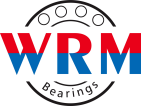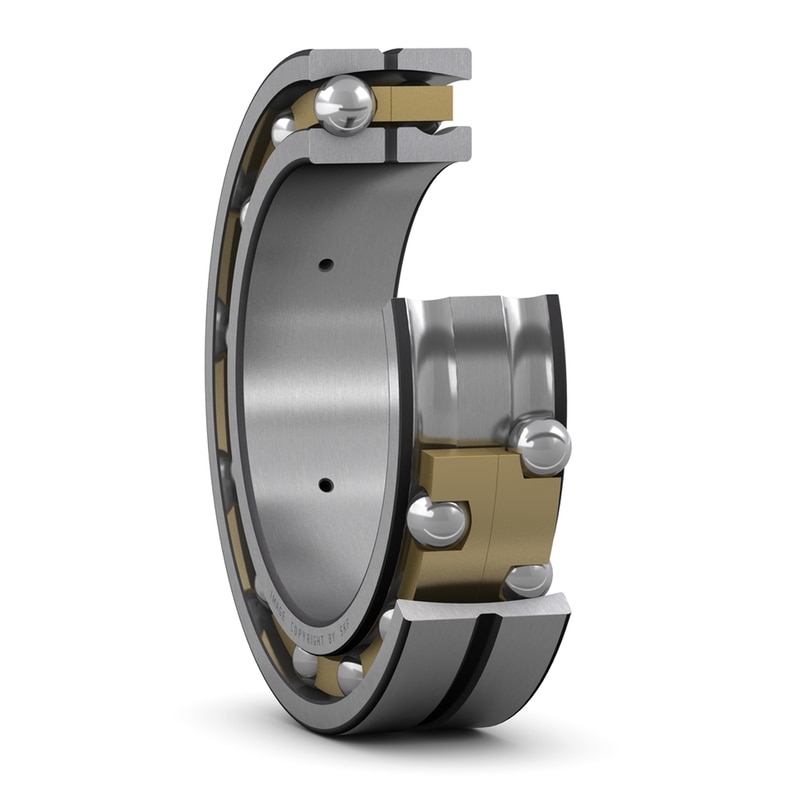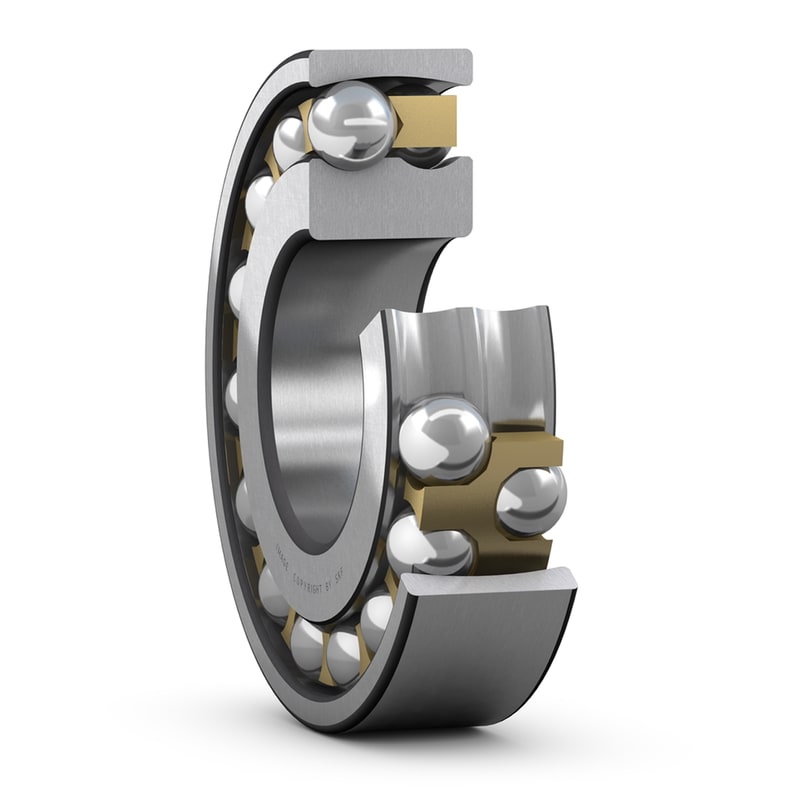Description
Rod end bearings, also known as spherical bearings, are used to provide rotational and oscillating motion between two parts. They have several important features, including:
Spherical shape: Rod end bearings have a spherical shape that allows them to accommodate misalignment and angular movement between two parts.
Ball or roller construction: Rod end bearings can be constructed with either ball or roller elements, depending on the application and load requirements.
Self-lubricating: Many rod end bearings are designed to be self-lubricating, using materials such as PTFE or other polymers to reduce friction and wear.
Corrosion-resistant: Rod end bearings can be made from materials such as stainless steel or other corrosion-resistant alloys to withstand harsh environments and exposure to moisture or chemicals.
High load capacity: Rod end bearings are designed to handle high radial and axial loads, making them suitable for use in heavy-duty applications such as construction equipment, agricultural machinery, and industrial machinery.
Adjustable preload: Some rod end bearings are designed with adjustable preload, allowing the user to fine-tune the bearing’s performance and compensate for wear over time.
Threaded shank: Rod end bearings typically have a threaded shank that allows them to be easily mounted and secured to a variety of surfaces.
Overall, rod end bearings are designed to provide smooth, reliable motion between two parts, while accommodating misalignment and angular movement. They are widely used in a variety of applications where high load capacity and performance are required.
Rod end bearings are used in a wide range of applications where rotational or oscillating motion is required between two parts. Some common applications of rod end bearings include:
Automotive: Rod end bearings are used in suspension systems, steering linkages, and other components of cars, trucks, and other vehicles.
Aerospace: Rod end bearings are used in aircraft landing gear, control surfaces, and other critical components.
Industrial machinery: Rod end bearings are used in a variety of industrial machinery, including construction equipment, agricultural machinery, and manufacturing equipment.
Robotics: Rod end bearings are used in robotic joints and other mechanisms to provide smooth, precise motion.
Marine: Rod end bearings are used in marine applications such as boat steering systems, winches, and other components.
Medical devices: Rod end bearings are used in medical devices such as surgical instruments, prosthetics, and other equipment.
Sports equipment: Rod end bearings are used in sports equipment such as bicycles, skateboards, and inline skates to provide smooth, reliable motion.
Overall, rod end bearings are used in a wide range of applications where high load capacity, reliability, and performance are required. They are designed to provide smooth, precise motion while accommodating misalignment and angular movement, making them a versatile and important component in many different types of machinery and equipment.




